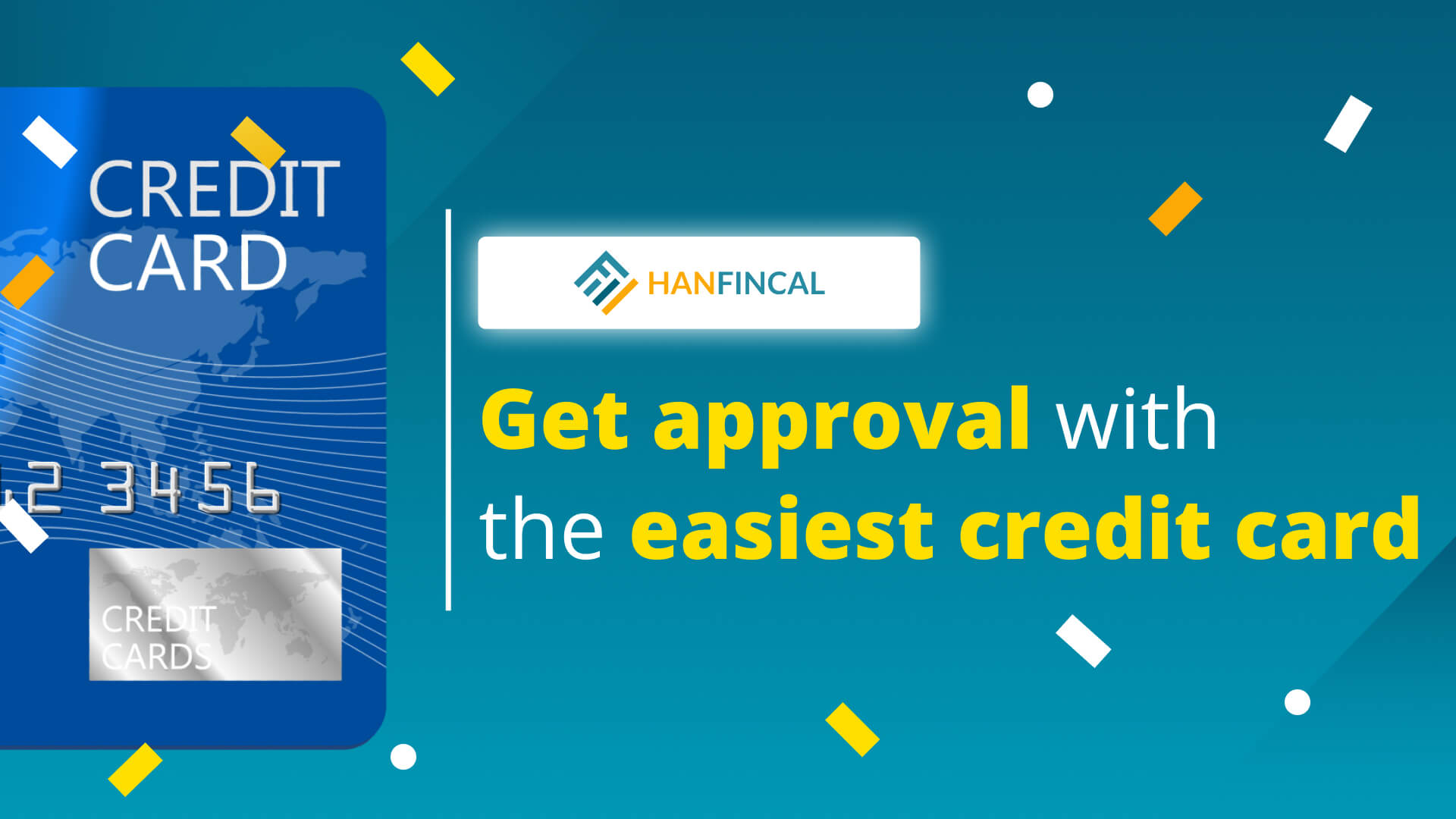Have you ever heard of paying credit card early? How soon should you make payments to improve your credit score and history? If you still have these questions, read this article from Hanfincal, which will answer them all.
1. What does it mean about paying credit cards early?
Paying your credit card bill early may imply making your monthly payment before the due date but after the billing cycle has ended. This is a grace period. This occurs when:
- Make a bill for any outstanding charges when the card’s billing cycle expires.
- Pay in whole or in part before the billing cycle expires.
- Pay at least the minimum by your payment due date.
2. Is it bad to pay credit cards early?
Paying your credit card bill early may be ideal for improving your relationship with your credit card issuers, ensuring on-time payment, and building a better credit score. While paying early can be advantageous, it is not entirely necessary to make timely payments and maintain good credit with your creditors.
Paying off your credit card early can keep your balance lower throughout the month and lower the balance your issuer reports to the credit bureaus. This reduces your credit utilization ratio and directly impacts the second-most influential credit scoring factor (which accounts for 30% of your overall score): amounts owed. It can also assist you in lowering the amount of interest you owe each month.
If you do carry a monthly balance on your credit card, keep the following in mind:
- Making an early payment may not save you money on interest and fees.
- Your early payment may not be considered part of your minimum payment.
If you have a large balance, you may not see an immediate increase in your credit score, but over time, you’ll develop the financial habits that will allow you to eliminate debt and start making on-time—or early—payments on a consistent basis.

Is it bad to pay credit cards early?
3. Benefits of paying your credit card early
Paying credit card bill early could help you avoid late fees, reduce credit utilization, and lower interest charges.
3.1. Avoid late fees
Of course, there will be no penalties for late payments. Early payment does not earn you any rewards from the credit card company, but late or missed payments do not incur additional fees.
You should schedule payments in advance, set up automatic payments, or set a phone reminder to assist with this. Your credit card company may also provide tools to help you make timely or even early payments.
Remember that if you carry over a balance from the previous month, any payment you make before your statement’s due date is applied to that prior balance. You will need to pay at least the minimum payment on your new bill if you still owe any previous charges.
3.2. Reduce credit utilization
Credit utilization accounts for approximately 30% of your score and represents how much of your available credit you are using. You should aim to use one-third or less of your credit as a general rule.
Making a payment before the end of your statement reduces the total balance that the card issuer reports to the credit bureaus. As a result, the credit utilization percentage used to calculate your credit score that month is reduced. Lower utilization is beneficial to your credit score, especially if your payment keeps the utilization from approaching or exceeding 30% of your total credit limit.
3.3. Reduce interest charges
Paying your balance early in full at the end of each billing cycle can help you pay less interest than if you carry it over month after month. If your credit card company uses the average daily balance or daily balance method to calculate your finance charge, lowering your balance earlier in the billing cycle reduces the balance used to calculate your finance charge.
Even if you don’t pay off your entire balance, you may be able to reduce your interest charges if you make an early payment before the end of your billing cycle.
4. Understand your billing cycle
A credit card’s billing cycle is the period between billings. Your credit card issuer compiles your statement at the end of the billing cycle, and you have until the due date to make a payment on your credit card. Credit card billing cycles range from 28 to 31 days, depending on the credit card and the issuer.
Check the cardholder agreement for the length of your card’s billing cycle, or calculate the number of days between the beginning and end dates for the billing period listed on your card statement.
Any purchases, fees, credits, and finance charges are posted to your account and added or subtracted from your balance during your billing cycle. You are billed at the end of the billing cycle for all unpaid charges incurred during your billing cycle. After the billing cycle has ended, any action on your account will reflect your following billing statement.
Many credit cards have grace periods for payments, which means you pay no interest as long as you pay the total amount that appears on your account statement each month. If you can afford to pay your balance in full each month, doing so before the end of your monthly report has the added benefit of ensuring that no outstanding card balance is reported to the credit bureaus, thereby improving your credit scores.

Understand your billing cycle
5. When is the best time to pay for your credit card?
Every month, you should pay at least your credit card bill by the due date. If you’re like most credit card users, you’ll be fine as long as you do that. However, you can help yourself by paying your bill ahead of time in some cases. This is because the balance reported to credit bureaus can directly impact your credit scores.
Paying your bill on time preserves your payment history. It may help lower your overall utilization, whereas paying your bill more than 30 days late will certainly result in a negative item on your credit report. And if you don’t pay for a long enough time, your account may be sent to collections.
There are some advantages to paying your credit card bill on time. If your goals include saving money, having more available credit, and improving your credit score, you may want to consider paying credit card early. Hanfincal hopes you do not fall behind on your payments and harm your credit score.
==> Read More:




